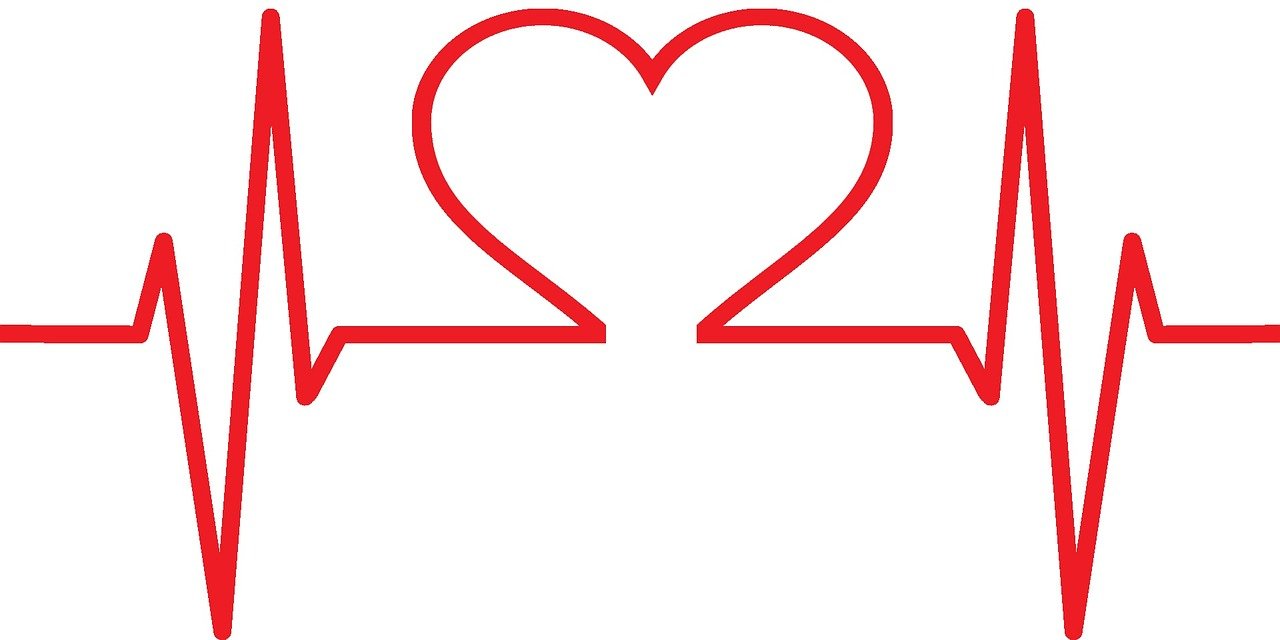Health: a vital shared investment
The G7 is well positioned to tackle the issues that deprive developing countries of the resources needed to beat COVID-19, ensure economic recovery and remain on track to meet the Sustainable Development Goals. Winnie Byanyima, executive director, UNAIDS, explains how
In the 45-year history of its summits, the G7 has provided decisive leadership on economic prosperity, global health and development and addressed threats to global security and stability. COVID-19 combines all these issues at the same time, everywhere.
COVID-19 threatens the health and economic growth of G7 members, threatens the investments the G7 has made towards the Sustainable Development Goals and threatens the global economy.
At UNAIDS, we have highlighted that a disruption to HIV treatment related to COVID-19 could cause 500,000 additional AIDS-related deaths, including from tuberculosis, in Africa. We could see the reversal of gains made in preventing mother-to-child HIV transmission since 2010. Support for the response to COVID-19 must not divert investments and reverse the momentum on the health-related SDGs.
While COVID-19 highlights our interdependence, it also magnifies inequalities between and within countries. The most stark inequality is gender, with an alarming increase in violence against women and girls; the elevated risk shouldered by the world’s nurses, who are predominately women; the loss of employment for women engaged in insecure, lower-paying jobs; and the unpaid work that women provide in caring for families – even more difficult under lockdown. The G7 can send a powerful signal that a gender-sensitive approach must guide the response to COVID-19 within and beyond the health sector.
UNAIDS has brought to the COVID-19 response the precious lessons of the AIDS pandemic: the need to address gender and socio-economic impacts, the importance of empowering communities; the reality that fulfilling human rights does not hinder but rather enables pandemic response; and the notion that the response must go beyond health interventions, and harness economic and social capital and the vital role of global solidarity.
From the launch of the Global Fund to Fight AIDS, Tuberculosis and Malaria to the Gleneagles commitment to double aid to Africa, to the Muskoka Initiative on Maternal, Newborn and Child Health, the G7 has played a critical role in advancing global health. Today, the COVID-19 response requires strengthening the future architecture for global health and development, which needs the coordinated political leadership and financial support of the G7.
The United States can build on the exceptional leadership it has brought to the global AIDS response through the President’s Emergency Plan For AIDS Relief, which invests more than $4.32 billion annually, including $900 million to support health systems in partner countries. PEPFAR is now leveraging this capacity for COVID-19. This is the kind of practical, urgent support that should be extended between the G7 and the international community.
Accessible support
The leadership needed from the G7 includes development assistance. It would cost approximately $159 billion to double the health spending of the world’s 85 poorest countries, home to 3.7 billion people. This is less than 8% of the major US fiscal stimulus package. It is inspiring to see partner countries using the bold language of “a new Marshall Plan” – but currently pledged contributions remain insufficient to achieve such an audacious goal.
Aid is vital, but will not be enough to enable the world to defeat COVID-19. Bold leadership is also needed on debt cancellation, tax reform and patent pooling. Debt cancellation would enable developing countries to beat COVID-19. Even before the outbreak, many developing countries were facing debt stress, leading to cuts in domestic health spending. The G7 governments and the international financial institutions must go beyond the temporary debt suspensions recently announced.
COVID-19 has highlighted that health is a vital shared investment. Now is the time for the G7 to advance corporate tax reform, nationally and globally, to tackle the exemptions, havens and loopholes that deprive developing countries of the resources needed to ensure public health and economic recovery.
An open letter for a People’s Vaccine was signed by more than 150 global leaders, including the leaders of South Africa, Ghana, Senegal and Pakistan, as well as more than 50 former leaders from Africa, Europe, Latin America, Asia and the Pacific. They urged that all COVID-19 vaccines, treatments and tests be patent-free, mass produced and distributed fairly. Now more than ever, COVID-19 calls for the G7 to step up to make another historic commitment to global health – by joining the call for a People’s Vaccine.
COVID-19 is the ultimate global challenge – impossible for any one country, or even group of countries such as the G7, to overcome alone. We can only beat this together. It can at times seem overwhelming – but at one time, so too did the AIDS pandemic. Today, millions of people around the world are alive and thriving because of the G7’s, and in particular the US government’s, transformational leadership. With the support of the G7, the international community must simultaneously rise to the occasion to end the COVID-19 pandemic and maintain progress towards ending AIDS and the other health-related SDGs.












